People buried in medical debt find relief with help from growing nonprofit
Every dollar donated can absolve $100 of debt.
Pastor Kenny Camacho has long believed the United States health care system is broken.
Years ago, on the heels of a costly cancer scare in his family, his infant daughter fell off the changing table. The Annapolis, Maryland, family rushed to the hospital but hesitated outside for hours.
His daughter ended up being fine, but he says he still remembers the fear of going into debt for medical treatment, which kept him from going in.
“That feeling of being invisible and incapable of taking care of my family has stuck with me,” Camacho said. “That's not how our lives in this country should be -- to not be able to take care of ourselves out of fear of what it's going to cost and whether we can afford the long term consequences.”
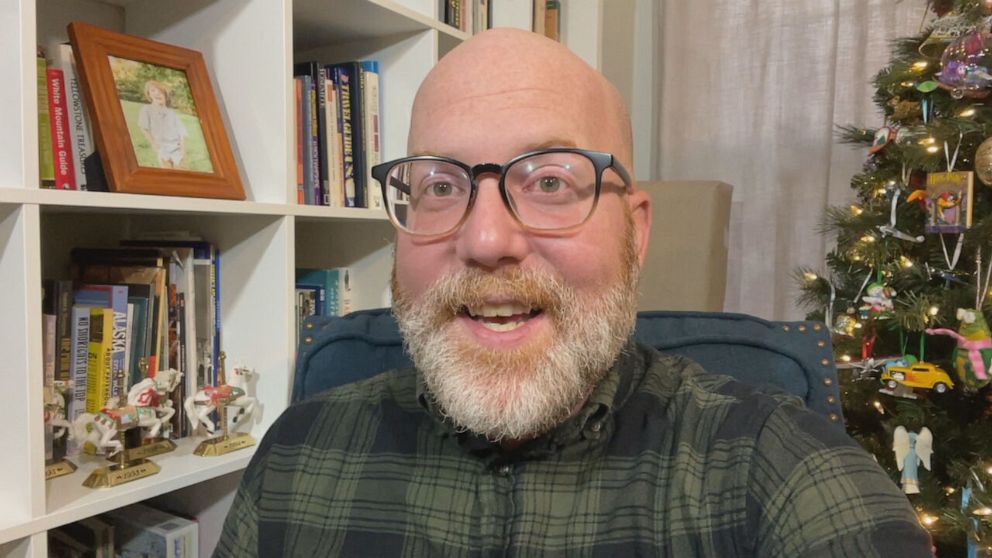
Donna Dees, of Atlanta, knows that crushing feeling of medical debt well.
“If you have something like an [intensive care unit] bill, that's crazy money,” Dees told ABC News.
After losing her sister in 2005 and her job at a nonprofit the same year, in 2006, she lost her father. Diabetes-related issues landed her in the ICU twice, first in 2008 and then in 2010.
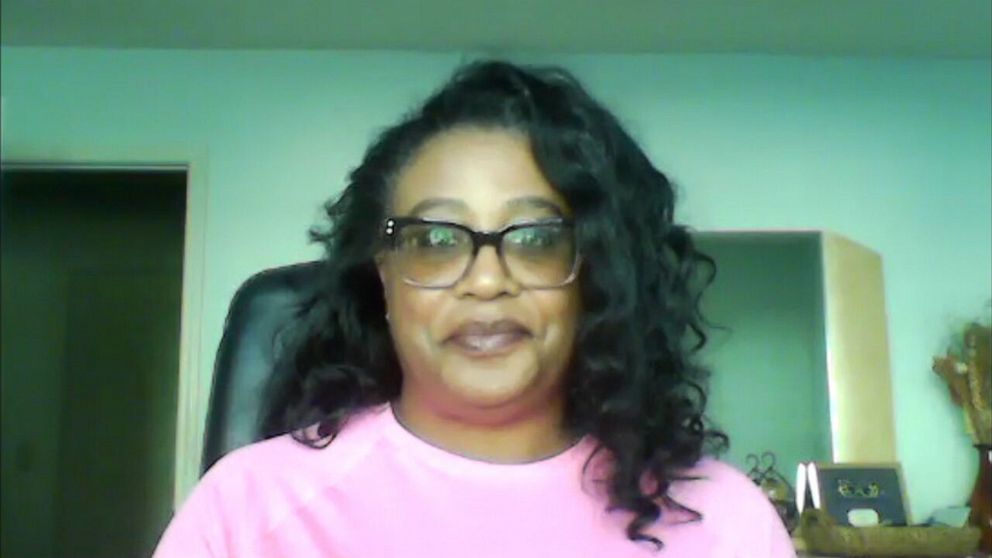
On top of all that she was dealing with, the unpaid medical bills posed even more of a burden.
“My health is messed up,” she said. “The bills were just big and huge and [you] paid them when you could, or you just prayed that it didn't affect you very extremely negatively knowing that it did to some extent.”
Then, in December of 2019, she randomly received a letter that informed her that all her debt had been paid.
“We looked at it and we were like this is some scam thing,” she said. “Why are they messing with folks like this?”
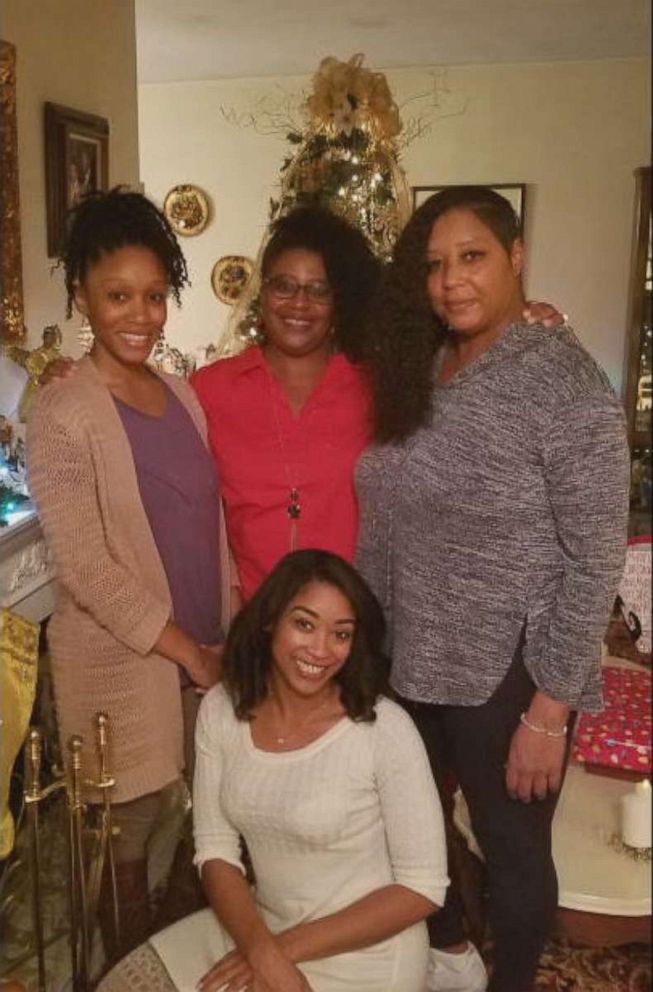
But it was real. Dee’s debt was paid off through a group called RIP Medical Debt.
Founded in 2014, the nonprofit organization uses donations to buy medical debt at a deep discount, in bulk, to forgive it.
Allison Sesso, the executive director of the organization, says they have forgiven more than $3 billion worth of medical debt.
When it comes down to whose debt is forgiven, Sesso says “it’s blind. There’s no judgment here on our part.”
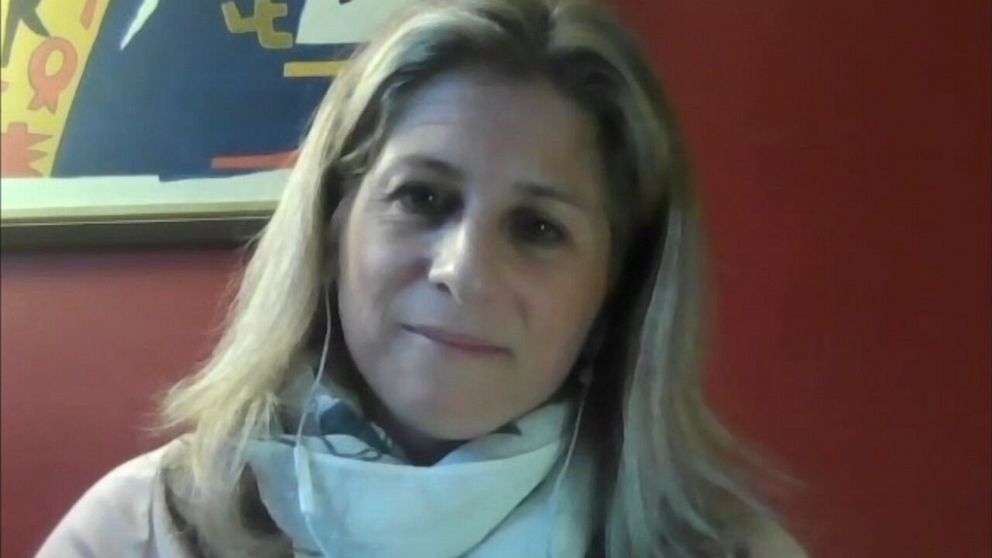
Sesso explained those eligible for the program must be 200% the poverty level or below. This year, federal guidelines for a family of three would make the poverty line an annual income of $21,720. 200% for a family of three would be $43,440.
“We're not helping people who are well off. We're helping people who really need the help the most,” Sesso said.
In the debt collection market, debts owed by low-income people are cheaper for third parties to buy, because they are least likely to ever be paid off.
The company’s co-founder, Craig Antico, was once a debt collector. Now he’s in the business of debt forgiveness.
“Personally, it feels incredible. To the industry itself, [it] felt like I was a traitor. They wouldn't talk to me for two or three years … until they realized that we've got to help these people that can't pay and will never pay,” Antico told ABC News. “I love it. I'm the happiest guy in the world. I can't even imagine; the collection industry is a very hard industry to be in. So, thank goodness for the shift to this debt forgiveness world.”
Antico and co-founder Jerry Asheton had the idea to buy those debts in bulk for a fraction of their value and then forgive them.
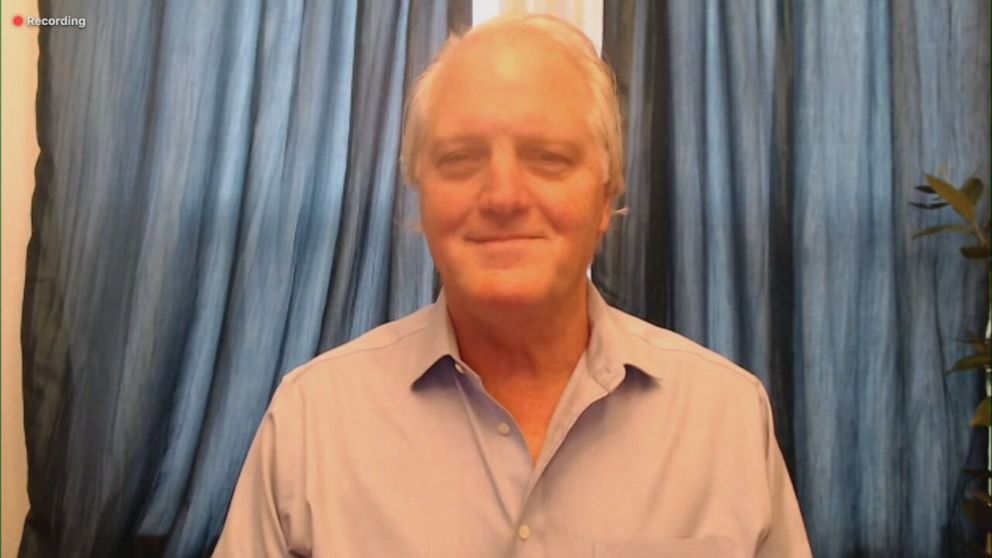
“My partner and I started helping another nonprofit before RIP. Once we started helping and abolishing medical debt, we realized how big of a problem we were helping fix, as opposed to collecting,” Antico said. “So we as collection executives did not come up with this idea and thought, ‘Thank goodness we heard about it and then took advantage of it so that we could help this many people.’”
Because of these debts’ values, every dollar paid absolves $100 worth of medical debt.
“It was just this thing, this blessing, that just appeared in the mailbox and from nowhere, and it just took care of it,” Dees said. “It just confirmed ... that there are good people out there.”
The company’s donors have included TV host John Oliver, whose contributions helped forgive nearly $15 million in medical debt.
Antico says that Oliver’s donation helped put RIP Medical Debt on the map. Big donors soon followed suit, including Melinda Gates and Mackenzie Scott.
“We wouldn't be here if it wasn't for John Oliver. As my partner Jerry says, we're going to erect a statue of John Oliver. The guy is amazing and the way that he pokes fun at serious, serious issues,” Antico said. “People are just coming forward after that in droves. I mean, major celebrities have donated to us. They get a really big charge that they can give $10,000 and have over $1 million of debt abolished.”
More than 400 church congregations -- large and small -- across the country have pitched in as well.
“I think giving people a taste of freedom and forgiveness is the mission of the church,” Camacho said.
He says his congregation has wiped out RIP’s debt portfolio for 14 Maryland counties, and now they’re partnering with other churches to raise enough money to wipe out debt for the entire state.
“We're not a particularly wealthy congregation. We're not a particularly large congregation. But we're committed as a group to trying to help our neighbors,” he said.
“It's empowering for people at a moment where we feel so stunted as a nation in a lot of ways,” Sesso said.
While Sesso says she is grateful for the outpouring of donations and help, she wishes government leaders would also see a moral obligation to work to absolve these debts.
“At the end of the day, I really am inspired by what RIP does every single day,” she said. “But at the same time, I'm appalled that we have to exist.”
Camacho says the reasons why these debts fall to donations from people like his congregation is a “hard question to answer.”
“I want it to be different,” he said. “My prayer is still that something will change.”
Until the high cost of medical care in this country is addressed, Camacho is making sure those in need don’t have to carry that burden alone.



